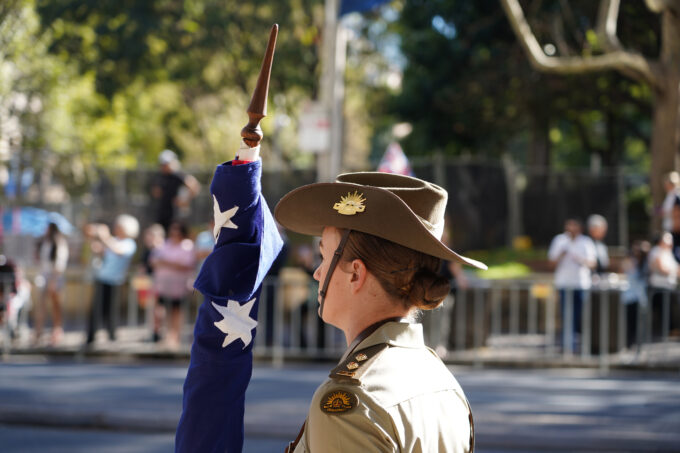In most cases, both parents must agree to the change. The Births, Deaths and Marriages Act 1995 (“the Act“) requires both parents listed on the birth certificate to apply for a name change together. This prevents one parent from making the decision unilaterally after separation.
Previously, even a parent with sole parental responsibility faced legal hurdles in changing a child’s name without a specific court order permitting them to do so. However, recent amendments to Section 28 of the Act have changed this.
What Do the Recent Amendments Mean?
Section 28 now allows a parent to apply for a name change if they have sole parental responsibility under a final parenting order to make decisions about:
- Major long-term issues for the child, or
- The child’s name.
This means that, depending on the type of parenting orders in place, a parent may no longer need a specific court order to change their child’s name.
What If Parents Disagree on a Name Change?
If parents cannot agree, the Federal Circuit and Family Court of Australia can resolve the dispute. This may involve a complete name change or adding a parent’s surname to the child’s existing name.
When determining whether a name change is appropriate, the court assesses whether it aligns with the child’s best interests. In doing so, the court considers the factors established in Chapman and Palmer (1978) 4 Fam LR 462, including:
- Any embarrassment if the child’s surname differs from their primary caregiver’s,
- The short- and long-term effects of a name change,
- Potential confusion about the child’s identity,
- The impact on the relationship with the other parent, and
- The consequences of frequent or arbitrary name changes.


















